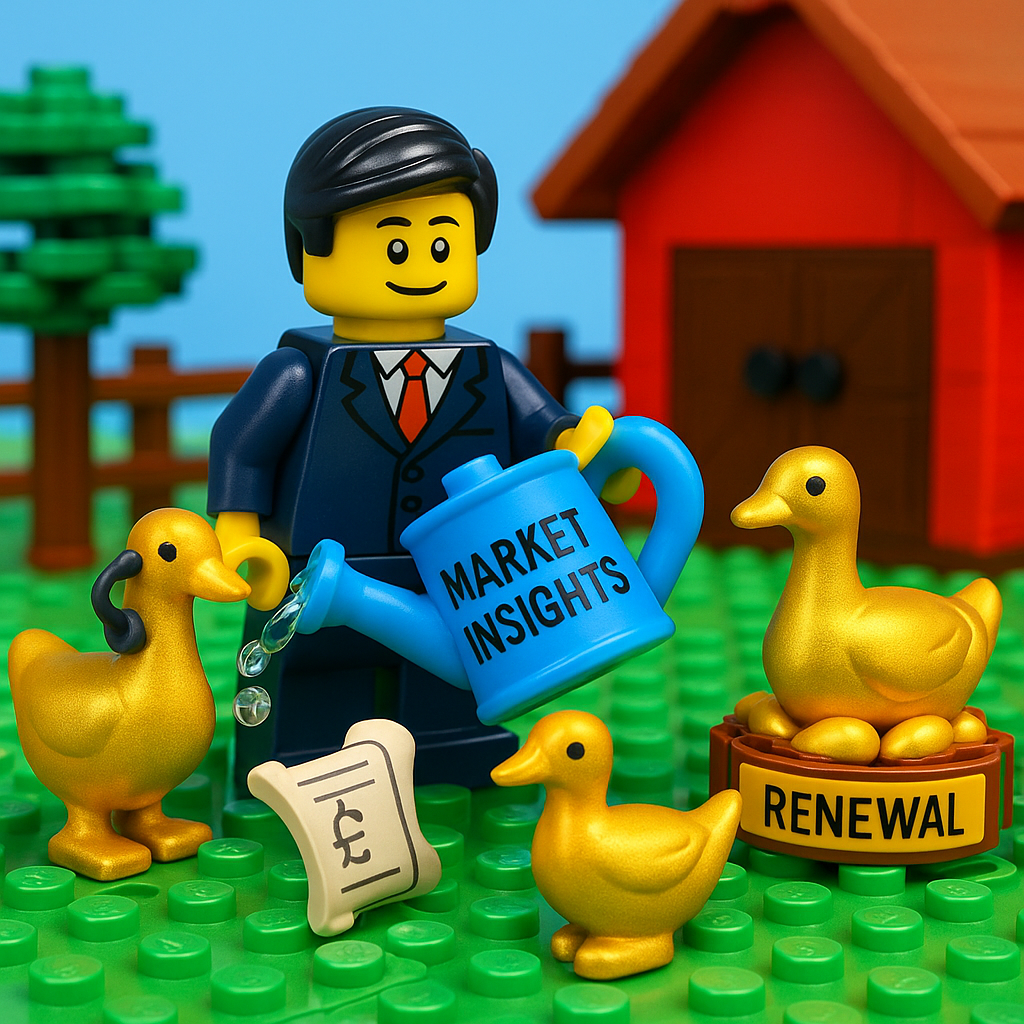Business trips
The world of business travel has changed irrevocably following the Covid pandemic. Increased use and familiarity of platforms such as Zoom, Slack, MS Teams etc has made the world even smaller, and nowadays virtual collaboration across borders is a daily BAU activity. Layer on top of this heightened scrutiny of an organisation’s carbon footprint (for most professional services firms this can be largely bucketed into premises and travel) and the business case and associated ROI on any planned business trip needs to be watertight to gain budget holders approval.
Notwithstanding the above, at LINAR we believe that well structured business travel can still deliver significant benefits to an organisation that a Teams/Zoom hookup never will.
As we’re travelling overseas this week on a client engagement, we’ve dedicated Three Things to tips and tricks on how to get the most from your travels. Enjoy.
#1. Put the hard yards in upfront
- Objective setting: what’s the purpose of your trip? Fact finding in a new market? Key client engagement? Team integration? Issue management with key account? Whatever the purpose (and there may be multiple), define your criteria for what a successful trip outcome looks like and plan your schedule accordingly. At the end of your trip make time to review and ensure you achieved your objectives.
- Mind your P’s & Q’s: spend time to research and understand cultural norms in the jurisdiction you are visiting. What is the meeting etiquette? Formal or over lunch/drinks? Is there a strong business hierarchy that must be observed? What is the most appropriate business greeting? Being insensitive or ignoring local customs is one of the best ways to make your trip unsuccessful. If in doubt, ask your colleagues.
- Maximise your network: engage with colleagues and clients as early as possible to identify what benefit your trip can bring to them. For example, are there new regulations occurring in your home jurisdiction which have extraterritorial reach? Would a market update to colleagues enable them to be more informed when talking to their clients about global issues? Once your topic list/talking points have been agreed, support your international colleagues in reaching out to their wider client network by providing them with a summary of why their clients should take a meeting with them/you. Turn this summary into a LinkedIn post and broadcast to your social network.
#2. Limit your screen time
There is no point in travelling to another office/country and then proceeding to fill your diary with back to back virtual calls. Your trip should focus on building rapport and interaction with your team/clients in a way that cannot be achieved via virtual means. Consider the following:
- Client engagement: for individual client meetings, ask the client to introduce members of their team you don’t know and present to you on their plans. Consider whether there is the opportunity to bring clients together for a workshop/roundtable/event and gain the halo effect of convening the activity. If you’re travelling to attend a conference, book a meeting room in the conference hotel and organise a series of meetings around the conference schedule.
- Team building: make a conscious effort to get to know team members and other colleagues on a personal level. Find common ground and shared interests – where possible, spend time outside of the office building rapport. Use the face to face opportunity to discuss optimal ways of working and to tackle frustrations and challenges that could otherwise remain hidden behind a screen.
#3. The real work starts when you land
As with most all sales related activities, prompt and effective follow up is a critical component of success. Commitments made during your business trip to colleagues and clients alike need to be actioned within one week of your return. Write a trip report with key notes from your client meetings and agreed team actions. Send to your budget holders to demonstrate ROI (it makes obtaining budget for the next trip MUCH easier) and to your team to keep yourself honest.





